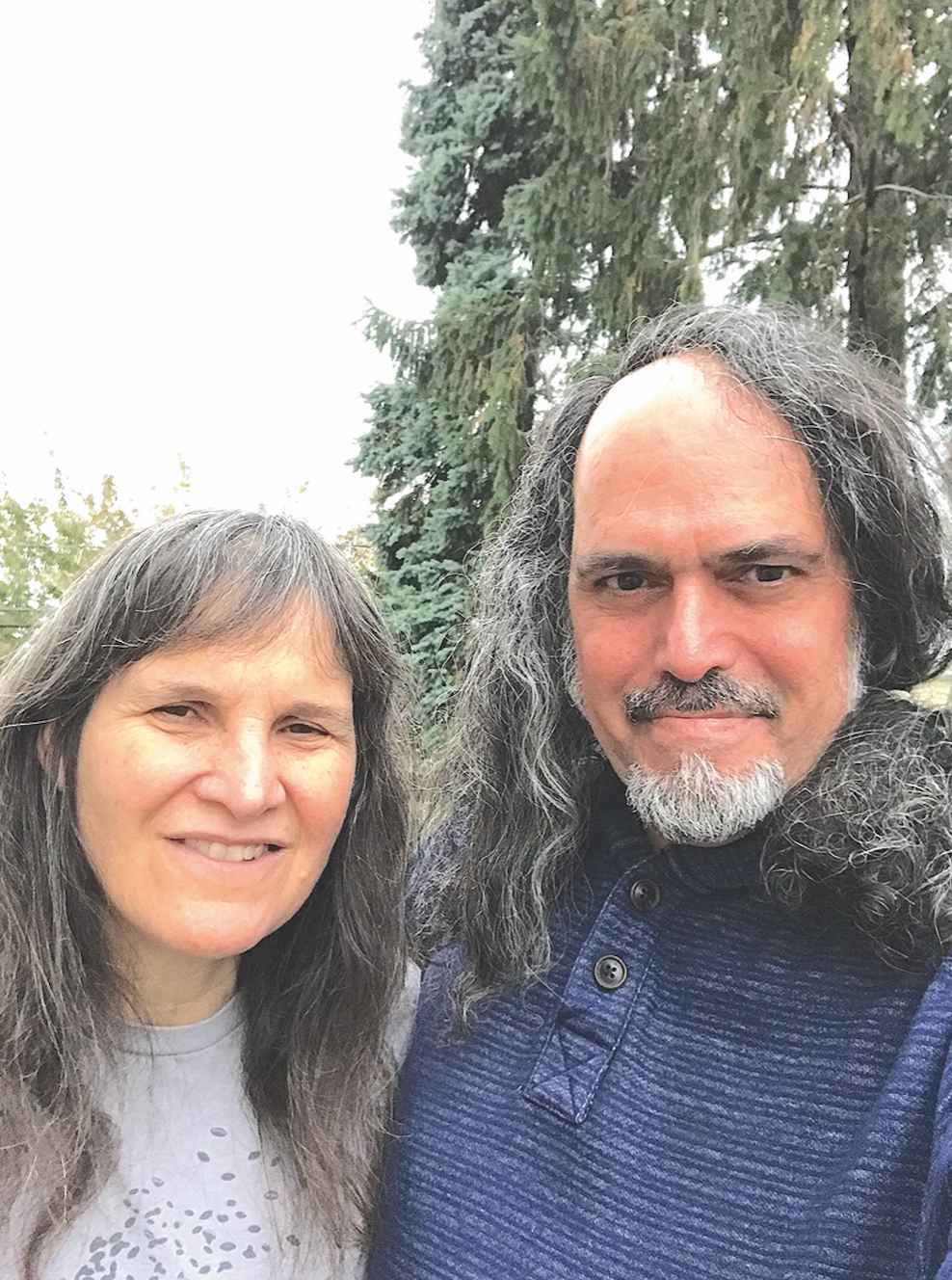Ketogenic products are turning up everywhere in today’s world—everything from pancake and waffle mix  to cacao coconut cups. But how effective is the ketogenic (keto) diet in terms of fat loss, and will following the keto diet enhance one’s health or undermine it?
to cacao coconut cups. But how effective is the ketogenic (keto) diet in terms of fat loss, and will following the keto diet enhance one’s health or undermine it?
There are several variations of the keto diet, but the basic regimen consists of high fat consumption, low to moderate protein consumption and low carbohydrate consumption. The rationale behind this is that our bodies will burn carbohydrates for energy initially. When all carbohydrate reserves are depleted, the body will switch to burning fat.
Dr. Russell Morse Wilder, of the Mayo Clinic, coined the term “ketogenic diet” in the 1920s. He prescribed the diet to epilepsy patients and found significant reductions in the occurrence of seizures.
According to an article on HealthLine.com, the beneficial side effects of following a keto diet include a significant drop in triglyceride levels, increased levels of “good” HDL cholesterol, decreased levels of “bad” LDL cholesterol, reduced blood sugar and insulin levels, and possible lowering of blood pressure.
However, Barry Sears, Ph.D., creator of the Zone Diet, states that the cons of pursuing the keto diet far outweigh the pros. According to Sears, blood glucose levels fall way too low for optimal brain function and the body is forced to break down muscle mass in order to maintain adequate glucose for the brain. Also, a lack of carbohydrates will cause a lack of fermentable fiber, which can lead to poor gut health.
The keto diet, like any other diet plan, may produce beneficial results for some people, and not so beneficial results for others. Everyone’s dietary needs are slightly different, and that must be kept in mind before pursuing any type of weight-reduction plan.
Certified Holistic Health Nutrition coaches Mindy B. Pensig and Anthony C. Mirro, who specialize in weight loss,  believe a diet rich in good-quality fruits and vegetables and low in processed foods is our best bet for maintaining a healthy weight.
believe a diet rich in good-quality fruits and vegetables and low in processed foods is our best bet for maintaining a healthy weight.
For a free 15-minute consultation, call 516-935-0354 (office) or 516-513-4000 (mobile), or email [email protected].




